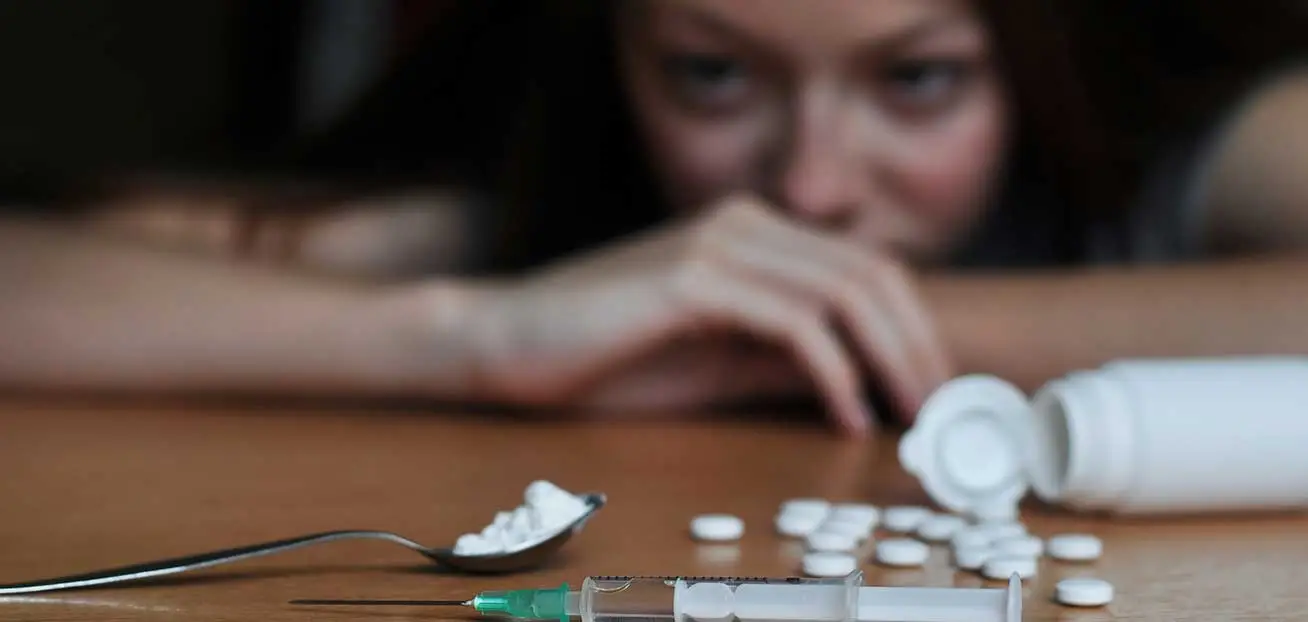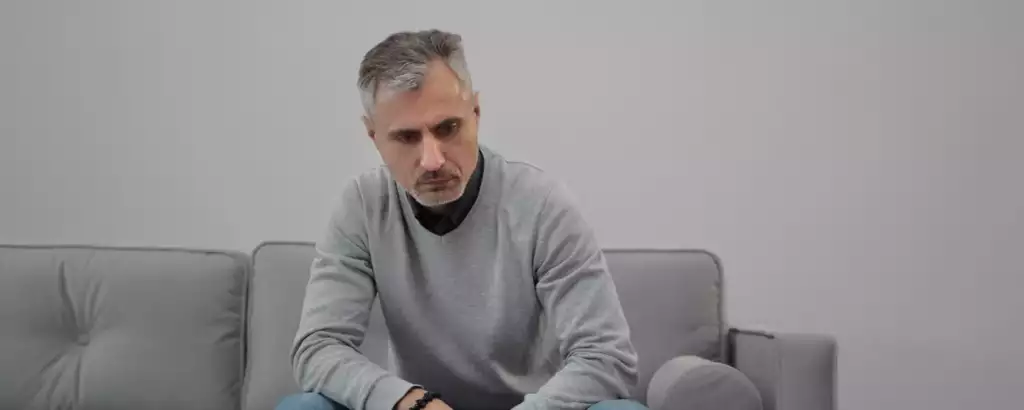Drug abuse treatment can obstruct the drug use cycle for offenders with a history of drug problems. The prison environment should be constructed to help people receive consistent help and offenders should seek treatment when available. Untreated offenders are vulnerable to relapse and even exhibit criminal behavior.
Through consistent treatment, the costs associated with loss of productivity, increase in crime, and incarceration caused by drug use can be greatly lessened. Research and academic studies reveal treatments help numerous drug offenders alter their behaviors, change attitudes, and reshape beliefs. These changes are critical for avoiding relapse and turning away from a life of drug use and crime.
Legal pressure may be necessary to help an individual seek treatment. Once individuals are in a treatment program, they will be provided with motivation to remain engaged in the treatment process.
Drug abuse treatment can be integrated into the criminal justice system through various means. These include treatment as a probation condition, combining judicial sanctions with treatment, prison-based treatment programs, and treatment under supervision.












